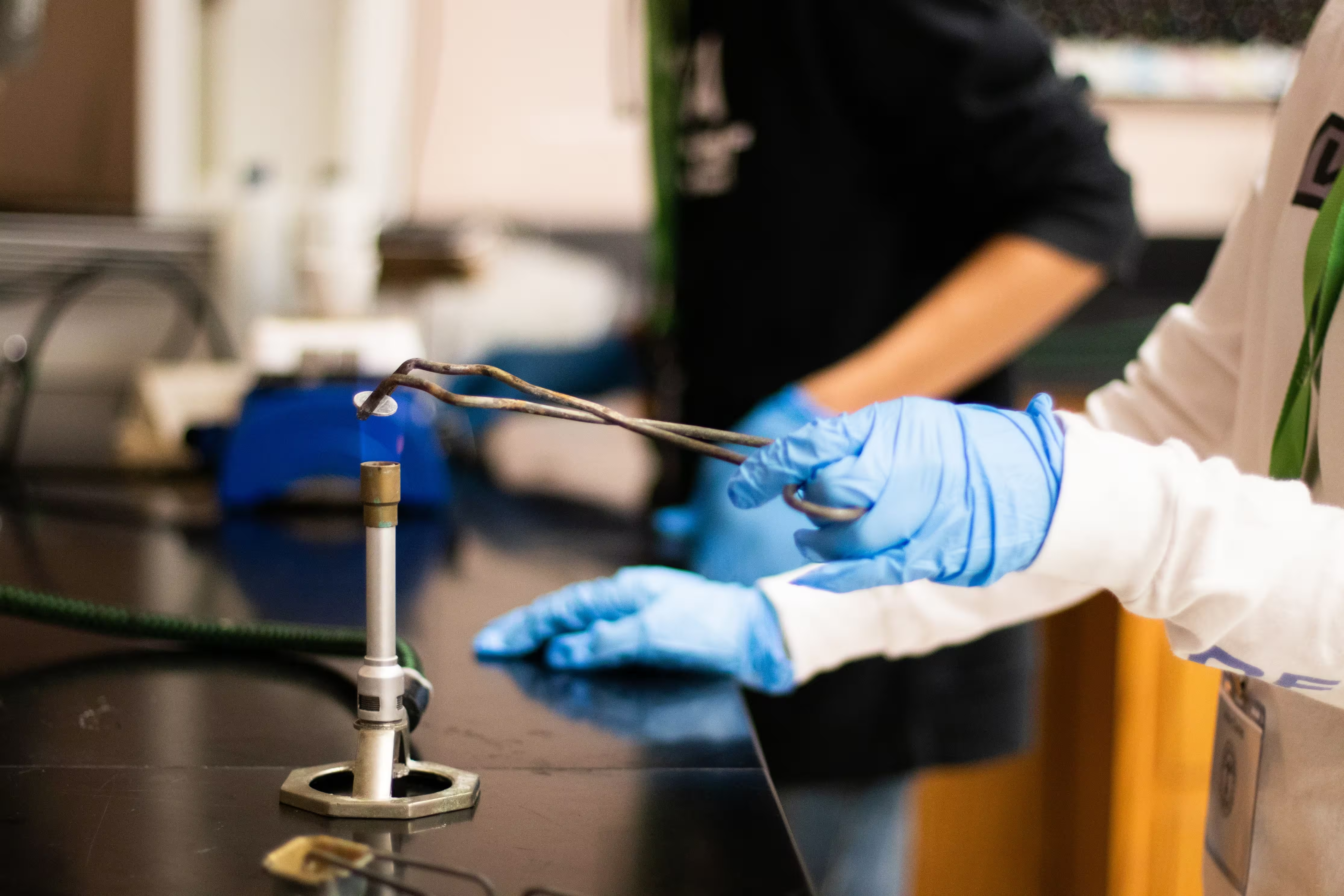
Writing an internal assessment in the experimental sciences can be challenging, from data collection to the actual report writing. However, there are proven practices that can make writing your chemistry IA much easier and increase your chances of scoring well. This article will guide you through what to avoid and what to include when writing your IA.
Table of Contents
Choosing a Relevant, Realistic, and Challenging Research Question
The first and often biggest blunder when attempting any experimental science IA is selecting your IA topic and research question (RQ). Many students don’t realize the significant impact the topic/RQ selection has on the rest of the report, data collection, and findings.
Choosing simple topics shows a lack of interest in the subject. It’s recommended to choose more complex topics, ones you can delve into deeply and design innovative and out-of-the-box investigations. Ask your teacher for recommended topics, or evaluate yourself and undertake the topics you’re most confident in. Ensure that the RQ you form challenges you. For instance, you could take up a topic you’re confident in (like Energetics) but synthesize it with a more challenging topic (like Organic Chemistry) to enhance your chances of scoring well.
Variables Choice: Not Having Proper Variables
Variables go hand-in-hand with research questions. Here’s where students lose marks. If students don’t understand the differences between independent and dependent variables, they are bound to lose easy marks. An independent variable is the variable being tested, while the dependent variable is the variable being observed that relies on the independent variable.
Variables need to be measurable. This ensures good conduct of the rest of your investigation and reliable results. It is necessary that if not both, the dependent variable must be measurable. Ideally, this should have a set unit, set apparatus used to measure the quantity, and correspondingly ideal data diagrams and representations. Ensure to have sufficient control variables; control variables are often omitted by students, which leads to a loss in organization marks. Make sure to have relevant control variables that directly affect the reliability of results/investigation.
Omitting Uncertainties & Statistical Calculations
Another major pitfall is neglecting uncertainties in an investigation. This has more to do with conducting the investigation and data collection but it reflects in the final report. Examiners want to see depth and understanding in your investigation. Showing that you care about the credibility of your results increases its validity and your chances of scoring well in criteria C- Analysis.
Calculating uncertainties is a necessity, especially with different variables with different units. The IB also expects students to showcase uncertainties and room for error in their graphical representations and statistical calculations. Statistical calculations are a tool to better enhance your IA and data processing aspect. These can be easily done with the use of your GDC.
Conclusion
In conclusion, writing a chemistry IA involves careful selection of a research question, understanding and choosing the right variables, and acknowledging uncertainties and statistical calculations. By avoiding these common pitfalls, you can write a successful chemistry IA.